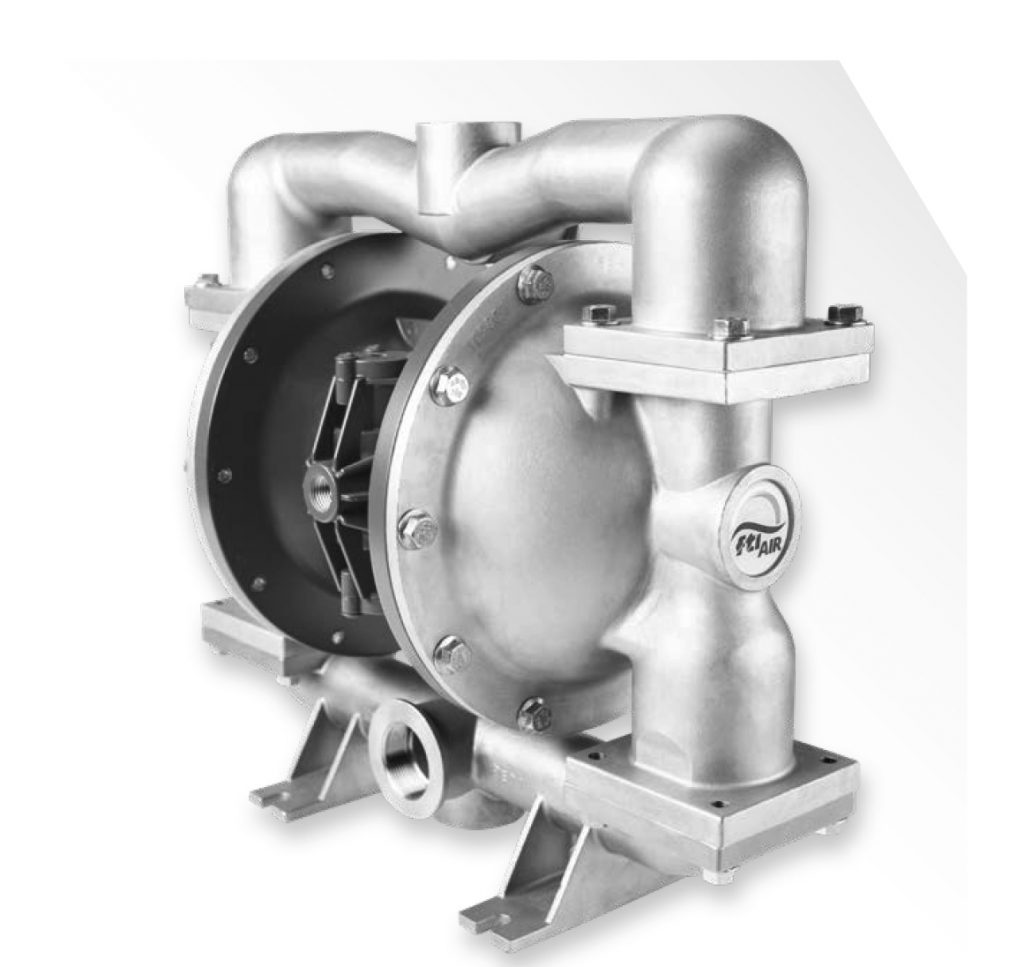Centrifugal Pumps in Rutgers University-Livingston Campus, NJ
Rutgers University-Livingston Campus NJ Drum Pumps
Drum pumps are used for a wide range of commercial, industrial, and residential applications which all involve moving liquids from large drums or containers to other locations where the liquid is required. This includes transferring liquids such as water, oil, gasoline, and various other types of chemicals and liquids. Additionally, drum pumps can be used to dispense fluids in specific amounts, making them practical for filling containers and for uses in manufacturing.
Drum Pumps are popular in industries such as mining, agriculture, and manufacturing. Chemical processing industries rely on drum pumps for things like food proccesing and pharmaceuticals. Even water treatment and construction industries use drum pumps as drums are a regular container in these industries.

Drum Pumps in Rutgers University-Livingston Campus, NJ
For transfering and dispensing fluids.

Rutgers University-Livingston Campus Small Centrifugal Pumps
Centrifugal pumps' high flow rates and capacity to handle large volumes of fluid are two of their main advantages. Additionally, they have a fairly simple design that is simple to maintain. Applications for Centrifugal pumps include water treatment, irrigation, oil & gas production, and chemical processing. Centrifugal pumps come in a variety of designs, including axial, mixed, and radial flow pumps. Each type has its own distinct set of qualities and is created for particular applications.

Practical Applications for Rutgers University-Livingston Campus Small Centrifugal Pumps
Small Centrifugal pumps have a wide range of uses across varying industries. Examples of practical applications for small Centrifugal pumps include:
- For irrigation in agriculture, small Centrifugal pumps are employed to deliver water and other fluids to plants and crops.
- In construction, small Centrifugal pumps are used to move materials like grout, concrete, and other materials.
- Small Centrifugal pumps are used in firefighting applications to move fluids like water and other substances.
- Plumbing: To move water and other fluids in plumbing systems, small Centrifugal pumps are employed.
- Aquariums: To circulate water in aquariums, small Centrifugal pumps are employed.
- Water treatment: In applications where clean water is required, such as water treatment plants, small Centrifugal pumps are used to move water and other fluids.
- Small Centrifugal pumps are utilized in medical devices like dialysis machines and infusion pumps.
- Chemical processing: Small Centrifugal pumps are used to move chemicals in a range of chemical processing applications, such as the creation of personal care products, food processing, and pharmaceutical manufacturing.
- HVAC systems: The fluids in heating, ventilation, and air conditioning systems are circulated by small Centrifugal pumps.

Rutgers University-Livingston Campus NJ Air-Operated Diaphragm Chemical Pumps are Durable, Reliable, and Easy to Maintain
These pumps can move a wide range of chemicals, both acidic and alkaline, reliably and with the least amount of maintenance. Because they are powered by air, they can be used in dangerous places because they can't explode and don't have any electrical parts. Air-Operated Diaphragm Chemical Pumps are long-lasting and reliable pieces of equipment that can be used for a long time in harsh conditions.
Not only do these pumps need little maintenance, but they also have a system of air valves that keeps the flow rate and pressure consistent. They work well to move a wide range of chemicals without the need for priming or lubrication. Air Operated Diaphragm Chemical Pumps are very easy to maintain, making them an ideal choice for many chemical applications.
Rutgers University-Livingston Campus, NJ Small Centrifugal Pumps and How They Work
Centrifugal pumps use a rotating impeller to move fluid through a system. This impeller, which is a disk with vanes or blades attached to it, is driven by a motor and the rotation exerts a centrifugal force that causes the fluid to move away from the center of the disk. Due to the difference in pressure caused by this movement, the fluid is drawn into the pump and moved through the system. In addition to transferring fluids, these pumps can be utilized to transport gases.

